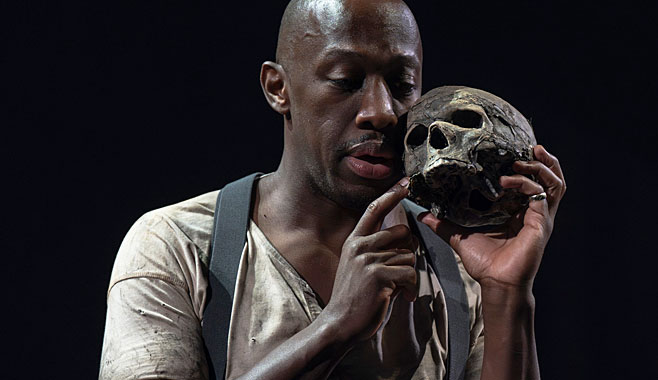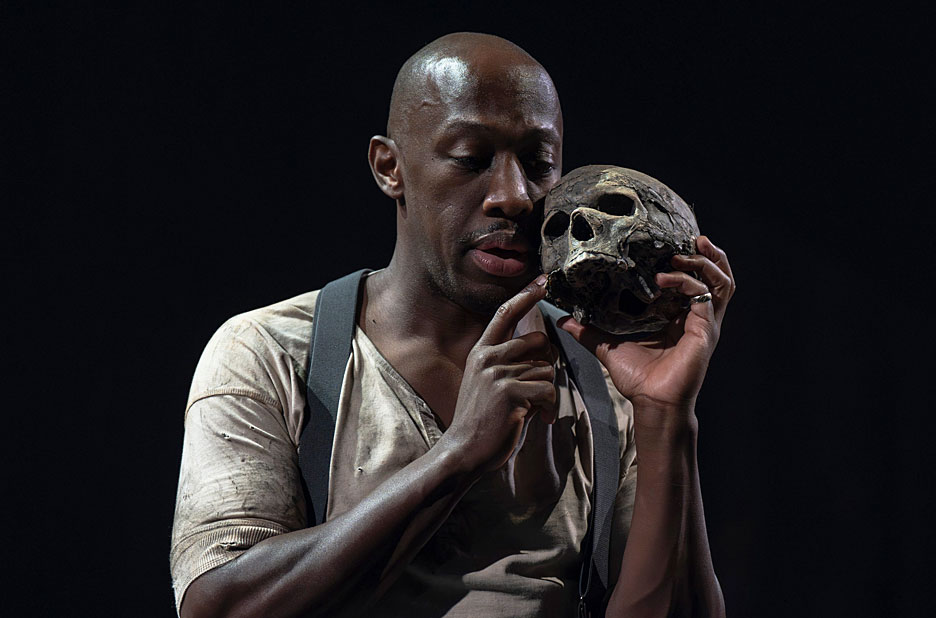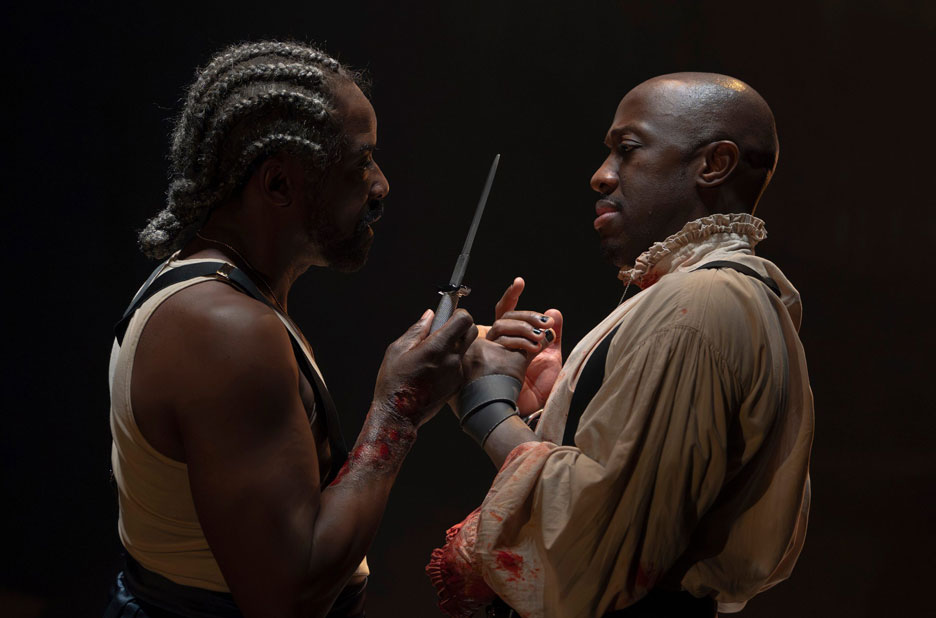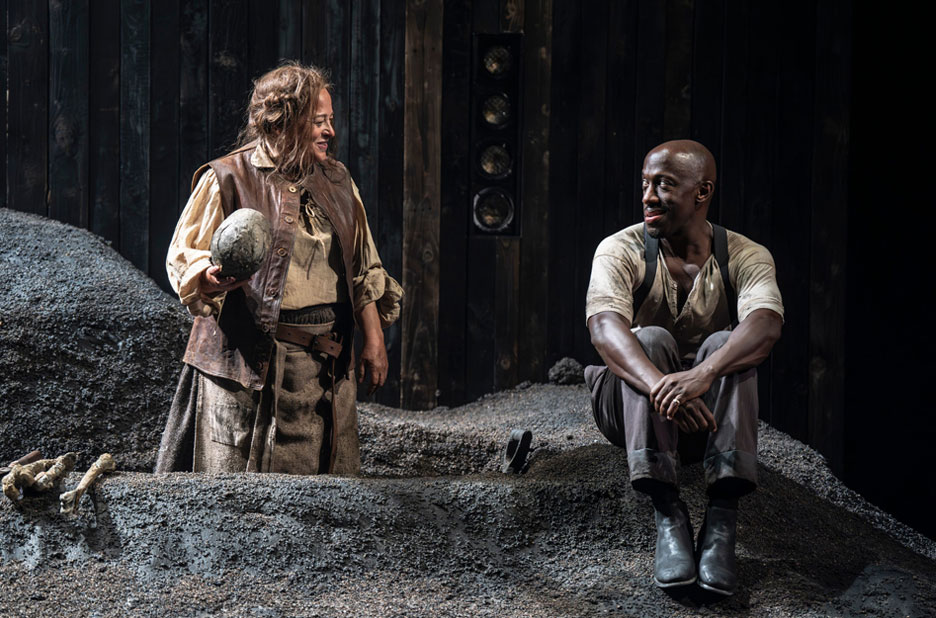Theatre
Hamlet
Minerva Theatre, Chichester
2/5
Hamlet without tragedy
Giles Terera tries his hand at the most famous tragic role in the repertoire, and although he acquits himself well in the witty passages, his Hamlet is starved of the tragic spirit. Direction by Justin Audibert, artistic director of the Chichester Festival Theatre, is also strangely bloodless.


It did not start well, the music was overwhelming, the lighting faint and the action rushed. The appearance of the ghost was convincingly staged and my attention was re-gained. Then Terera stepped out and things improved considerably.
Terera is essentially a comic actor and in witty repartee his timing and delivery are perfect. Hamlet alas is a tragedy, and although the serious soliloquies such as the famous ‘To be or not to be’, were presented with impressively natural calm authority, if somewhat clipped at times, and the character’s logic put on clear display, there was no melancholy or introspection, nor sufficient drama. Hamlet without melancholy may be possible but not without despair and rage. After all what happens on stage is a complete carnage and the main character cannot just ignore that.
Although Terera has beautiful diction, his vocal range is strangely limited in this role and as a result his lines appear monotonous at times. But there was a line in Hamlet which I am grateful to Terera for highlighting in his interpretation: “The poor should not be indulged.” This could be applied to so many situations in our painful present, from the blatant hypocrisy of fascists to the lack of respect for popular audiences. Perhaps the creators of this production should have listened to this message more closely.

The rest of the cast gave satisfactory rather than good performances. The strongest of the remaining actors was Ariyon Bakare as Claudius whose superb soliloquy at the end of the first half bristled with tragic resentment. Perhaps this is the first time I trusted that Claudius was genuinely aware of his limitations and not just pretending to be a better man than he is to soothe his ego. Ryan Hutton as Laertes had some good moments in the first half, but his rage and despair were not always convincing later on. Kier Charles as Polonius delivered some of his comic lines with beautiful restraint. Gertrude was weak and could not project on stage. Ophelia started well only to wither to a caricature of the character in the crucial scenes of madness. Horatio, one of the most wholesome parts, was played with a hollow heart.
The gravedigger played by a female actor Beatie Edney was a breath of fresh air. In her interview in the programme Edney rightly points out that the conversation between the gravedigger and Hamlet is possibly the most equally matched conversation Hamlet has in the play. And Edney uses this advantage well, refusing to be drawn into Hamlet’s orbit.

Overall, moments of comedy worked well while the tragedy for the most part and with notable exceptions was abandoned. I was surprised how unmoving this production was. Hamlet is an old-fashioned play that relies on the awe and pity of the audience to be truly heard. The play fails if the audience doesn’t feel compassion or is not at least stirred or saddened by the outcome of the longwinded plot complications, be they self-inflicted.
The play opened with a propitious sight of a lit crown on a small high table in the middle of the stage. Unfortunately its promise was not fulfilled. The baffling set consisted of an earth bank between a high placed castle at the back of the stage and the flat ground next to the audience. This no man’s land in between the castle space and the flat ground was impractical for actors to scale or run down from and so you were always distracted by their effort to do so. When the actors were in the castle room above the bank, they seemed distant and you could not see their expressions.
I always thought the role of Fortinbras closing the play surveying the carnage is one of the most rewarding, particularly for a less experienced actor, and although there is no shortage of unsatisfactory performances in the history of the play, I was hoping this staging could rise to this small challenge at least. Alas, it was not to be. The ending was flat and disappointing.